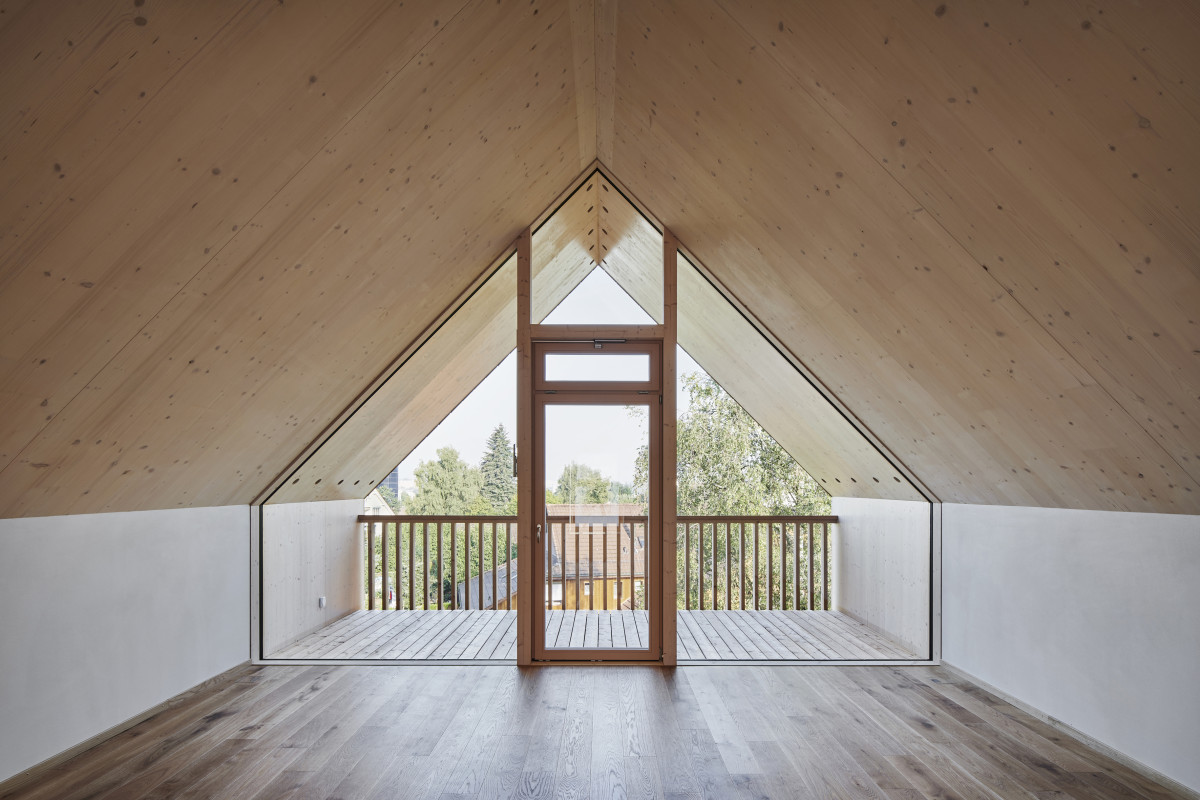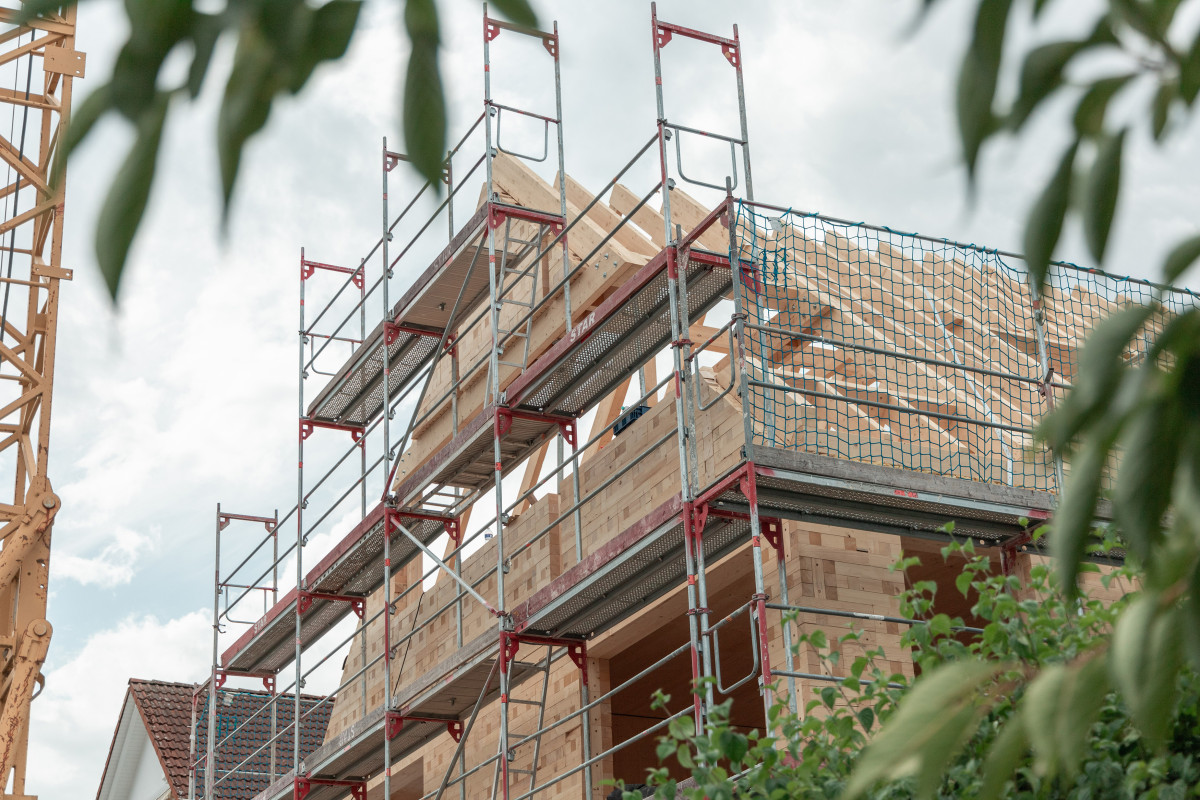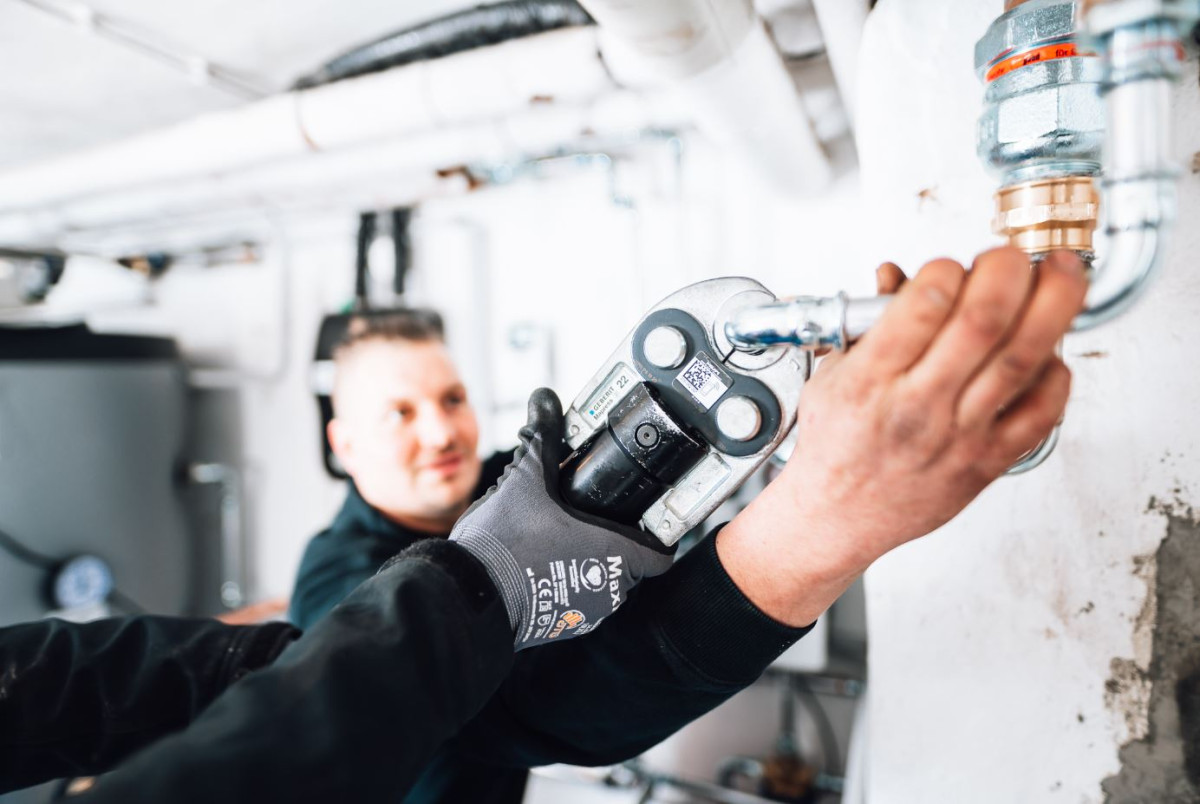The construction sector's struggle to go from big polluter to carbon hero
***This dossier is published in collaboration with FORESIGHT Climate and Energy.***
Dirty construction habits block path to truly climate-friendly buildings

The climate impact of construction has mostly remained an afterthought in Europe's efforts to make its buildings climate-friendly, which has largely focused on heating emissions. Yet, as homes and offices become more energy efficient, the environmental costs of construction are pushed into the spotlight. Addressing the emissions that arise before a building is even in use becomes increasingly crucial to reaching the bloc's climate targets. Read the article here or listen to it here.
Reused and recycled buildings challenge wasteful construction status quo
“Reuse and recycle” is a catchphrase most people associate with plastic bags or bottles. But our homes, schools and offices are also made with materials that are far too valuable and carbon-intensive for single use: They shouldn’t always be produced anew and then thrown away when buildings get demolished. Applying circular economy principles to construction – keeping materials in use for as long as possible, then reuse them in the next project or recycle them – holds great promise for greening our buildings. To ensure this approach takes off in earnest, regulators need to play catch-up, and project developers must ditch old habits. Read the article here or listen to it here.
What are the best materials for sustainable construction and renovation?
Most buildings today are predominantly made from conventional construction materials, such as cement and steel, which have a hefty environmental footprint. Substituting them with alternative, regenerative ones, such as timber, clay, straw or hemp, is possible - as is greening the production of conventional materials. But there are always trade-offs. What are the strengths and weaknesses of individual alternatives, what is possible and what is truly sustainable? Read the factsheet here.
Also relevant for decarbonising the buildings sector...
Boiler room revolution: Europe kickstarts shift to climate-friendly heating
Europe's homes are fossil fuel guzzlers – a big hurdle on the path to greenhouse gas neutrality. But the continent is struggling to initiate the shift to climate-friendly heating. The necessary technologies are available today, but getting them into peoples' boiler rooms is proving to be a complicated and highly controversial process. Many people strongly resist the necessary investments and behaviour changes. Read the dossier here.




